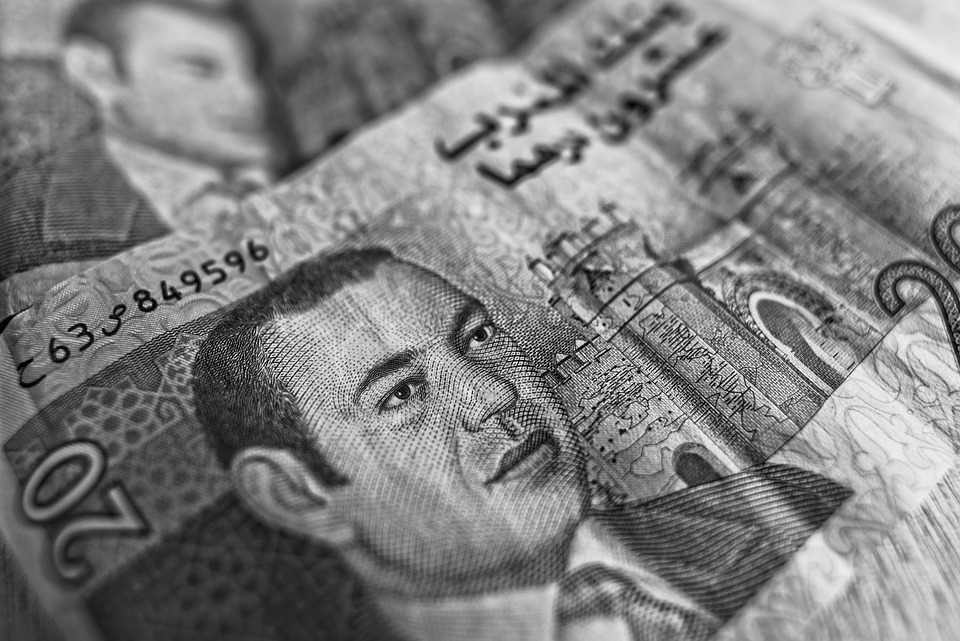Introduction
Religion and spirituality play a significant role in the lives of many individuals, shaping their beliefs, values, and practices. In the multicultural city of Algeciras, located in the south of Spain, a unique blend of Moroccan practices can be observed. The influence of Moroccan culture is evident in the religious and spiritual practices of the local population, as many residents have Moroccan heritage or connections.
Religion in Algeciras
Islam
Islam is the predominant religion in Algeciras, with a large percentage of the population identifying as Muslim. The influence of Moroccan Islam can be seen in the mosques that dot the cityscape, as well as in the practices of the local Muslim community. Friday prayers are an important part of the religious calendar in Algeciras, with worshippers gathering in mosques to listen to sermons and participate in communal prayers.
Christianity
While Islam is the dominant religion in Algeciras, there is also a significant Christian presence in the city. Many residents of Algeciras are of Spanish descent and identify as Catholic. The Catholic Church plays a central role in the spiritual life of the community, with regular Masses and religious celebrations taking place throughout the year.
Spirituality in Algeciras
Sufism
Sufism is a mystical branch of Islam that emphasizes the inner, spiritual dimension of the faith. In Algeciras, Sufism has a strong presence, with many adherents following the teachings of Sufi masters and participating in Sufi rituals and practices. The Sufi tradition is deeply rooted in Moroccan culture, and its influence can be felt in the spiritual life of the local community.
Moroccan Folklore
Moroccan folklore and traditional practices also play a significant role in the spirituality of Algeciras. Many residents of the city have Moroccan roots and maintain connections to their cultural heritage through storytelling, music, dance, and other traditional practices. These rituals and traditions are not only a source of cultural pride but also a means of connecting with the spiritual world.
Exploring Moroccan Practices in Algeciras
One of the most visible manifestations of Moroccan spirituality in Algeciras is the annual celebration of Mawlid, the birthday of the Prophet Muhammad. This religious festival is marked by processions, feasts, and other public events that bring the community together in celebration and worship. The streets of Algeciras come alive with music, dancing, and the recitation of religious texts, creating a vibrant and festive atmosphere that is unique to Moroccan culture.
Another important Moroccan practice in Algeciras is the tradition of visiting holy shrines and tombs of saints. These sacred sites are believed to possess spiritual power and are visited by pilgrims seeking blessings, healing, and guidance. The local community in Algeciras regularly makes pilgrimages to these shrines, where they offer prayers, make offerings, and seek spiritual solace.
Spiritual healing practices, such as traditional Moroccan herbal remedies and rituals, also play a significant role in the spirituality of Algeciras. Many residents of the city turn to alternative forms of medicine and healing, including the use of herbs, incense, and spiritual rituals, to address physical, emotional, and spiritual ailments. These practices are deeply rooted in Moroccan culture and are seen as a way to restore balance and well-being to the individual.
Conclusion
Religion and spirituality are integral aspects of the cultural identity of Algeciras, with Moroccan practices playing a significant role in shaping the spiritual life of the local community. The blending of Islamic traditions, Sufi practices, and Moroccan folklore creates a rich tapestry of belief and ritual that reflects the multicultural heritage of the city. By exploring and honoring these diverse spiritual traditions, residents of Algeciras are able to connect with their roots, find solace in times of need, and strengthen their sense of community and belonging.
